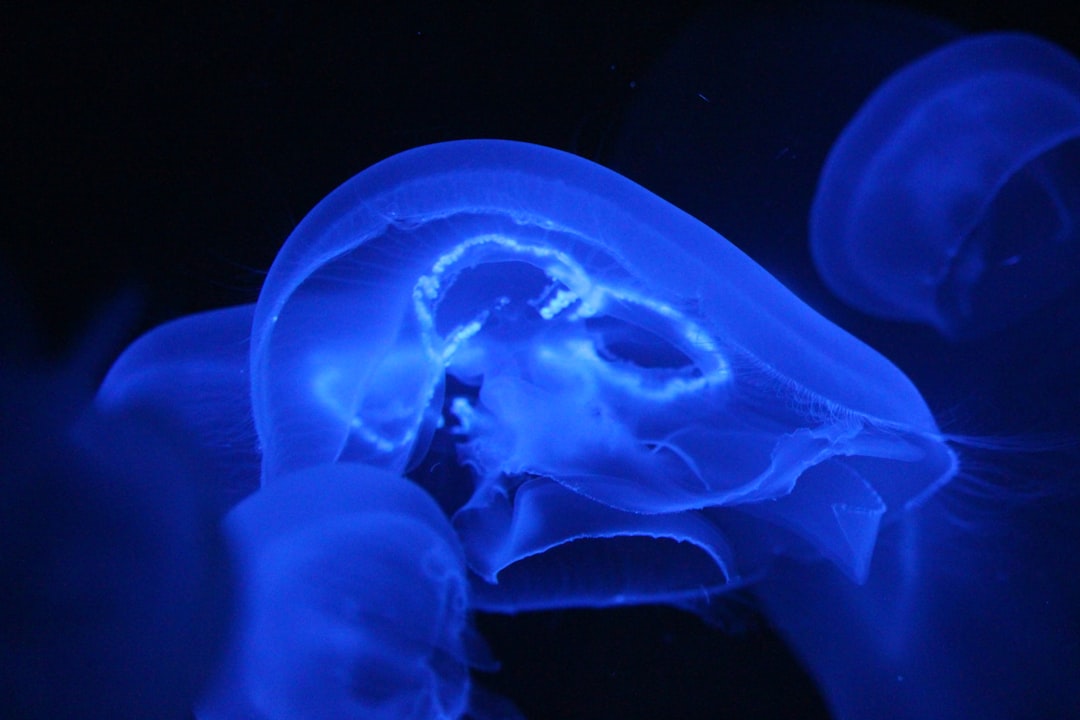What is it about?
Spleen tyrosine kinase (Syk), a non-receptor tyrosine kinase, regulates tumor progression, either negatively or positively, depending on the tissue lineage. Information about the role of Syk in colorectal cancers (CRC) is limited, and conflicting reports have been published. We studied Syk expression and its role in differentiation and apoptosis of the colonocytes. Here, we reported for the first time that expression of two transcript variants of Syk is suppressed in colonocytes during butyrate-induced differentiation, which mediates apoptosis of HT-29 cells. Despite being a known HDAC inhibitor, butyrate deacetylates histone3/4 around the transcription start site (TSS) of Syk. Histone deacetylation precludes the binding of RNA Polymerase II to the promoter and inhibits transcription. Since butyrate is a colonic metabolite derived from undigested fibers, our study offers a plausible explanation of the underlying mechanisms of the protective role of butyrate as well as the dietary fibers against CRC through the regulation of Syk. We also report that combined use of butyrate and highly specific Syk inhibitor BAY61-3606 does not enhance differentiation and apoptosis of colonocytes. Instead, BAY completely abolishes butyrate-induced differentiation and apoptosis in a Syk- and ERK1/2-dependent manner. While butyrate dephosphorylates ERK1/2 in HT-29 cells, BAY re-phosphorylates it, leading to its activation. This study describes a novel mechanism of butyrate action in CRC and explores the role of Syk in butyrate-induced differentiation and apoptosis. In addition, our study highlights those commercial small molecule inhibitors, although attractive drug candidates should be used with concern because of their frequent off-target effects.
Featured Image
Why is it important?
we for the first time addressed the regulation of Syk expression during colonocyte differentiation. Our study shows that butyrate, despite its HDAC inhibitory role, augments promoter deacetylation to suppress Syk expression. We report that suppression of Syk mediates butyrate-induced apoptosis of the cells. Thus, our study reinforces the role of Syk as a pro-survival gene for colon carcinoma, at least in vitro. We reported an unusual function of BAY61-3606, which is known to be a highly specific Syk inhibitor. Instead of augmenting butyrate effects, BAY abrogated it by activating ERK1/2 pathway in a Syk-independent manner. Finally, this study expands our understanding of the role of Syk in CRC and explored additional mechanisms for the protective role of butyrate and dietary fibers against CRC.
Perspectives
ATP-competitive inhibitor of Syk, BAY61-3606 induced apoptosis of multiple myeloma cells. Surprisingly, we found opposite results with BAY. BAY should be clarified before exploiting it for therapeutic purposes as well as for research use. It is now well-established that high intake of dietary fibers is associated with reduced risk for the development of CRC. This owes to butyrate, the key bacterial metabolite of dietary fibers, which inhibits CRC development. Several genes and pathways regulated by butyrate are thought to be involved in the reducing CRC risk, although, the exact mechanism is yet to be fully understood. Suppression of Syk offers an additional mechanism for the protective role of butyrate and the dietary fibers against CRC.
Dr Nirmalya NDG Dasgupta
Read the Original
This page is a summary of: Suppression of Spleen Tyrosine Kinase (Syk) by Histone Deacetylation Promotes, Whereas BAY61-3606, a Synthetic Syk Inhibitor Abrogates Colonocyte Apoptosis by ERK Activation, Journal of Cellular Biochemistry, June 2016, Wiley,
DOI: 10.1002/jcb.25625.
You can read the full text:
Contributors
The following have contributed to this page










